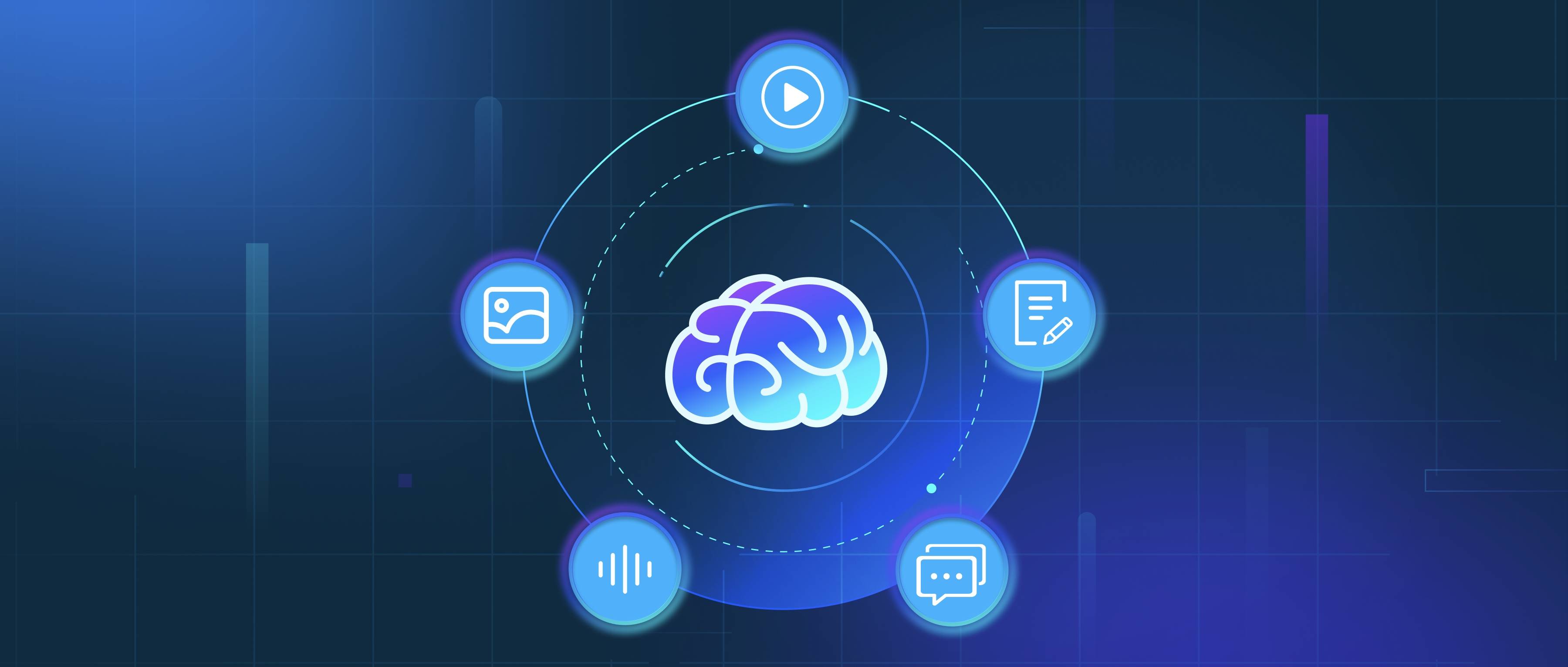The best approach for image processing depends largely on the specific task or application at hand. If the goal is basic image enhancement, OpenCV (Open Source Computer Vision Library) is a widely used toolkit that provides numerous algorithms for image manipulation, including functions for filtering, transformation, and feature extraction. For more advanced image processing tasks like object recognition, segmentation, or deep learning-based tasks, frameworks such as TensorFlow or PyTorch paired with convolutional neural networks (CNNs) are popular choices. These libraries support GPU acceleration for faster processing and are optimized for tasks involving large datasets. If real-time processing is required, such as in video surveillance or autonomous driving, specialized hardware like GPUs or VPUs (Video Processing Units) might be necessary for efficient processing. In addition, for tasks involving medical imaging or other specialized areas, proprietary software such as MATLAB or NI Vision may provide more tailored and robust solutions. Ultimately, the choice of tools for image processing depends on factors like the complexity of the task, the computational resources available, and the level of customization required.
What is best for image processing?

- AI & Machine Learning
- Natural Language Processing (NLP) Basics
- Vector Database 101: Everything You Need to Know
- Advanced Techniques in Vector Database Management
- Optimizing Your RAG Applications: Strategies and Methods
- All learn series →
Recommended AI Learn Series
VectorDB for GenAI Apps
Zilliz Cloud is a managed vector database perfect for building GenAI applications.
Try Zilliz Cloud for FreeKeep Reading
What are the privacy concerns in anomaly detection?
Anomaly detection is a technique used to identify unusual patterns or behaviors in data. While it is a valuable tool in
What resources are needed to develop a TTS model for a new language?
To develop a text-to-speech (TTS) model for a new language, three core resources are required: **data**, **computational
How does cloud computing support SaaS applications?
Cloud computing plays a vital role in supporting Software as a Service (SaaS) applications by providing the infrastructu